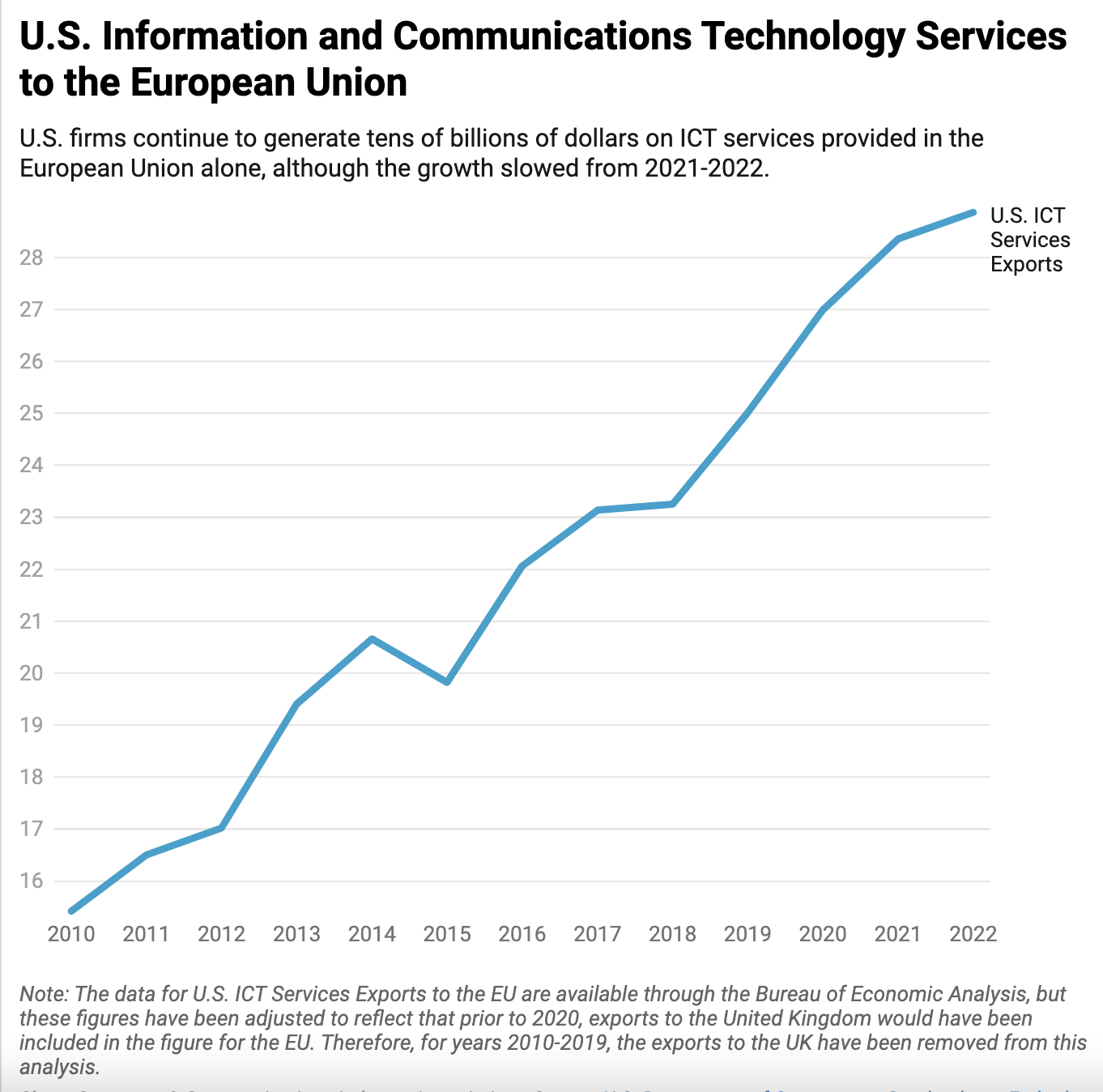Pulling the Plug on Digital Convenience in Europe?

The Digital Markets Act (DMA), the EU’s attempt to rein in digital ‘gatekeepers’ in a bid to create ‘contestable’ markets, is well on its way to becoming law. While the proposal focuses on the needs of business, the consumer interest may have fallen by the wayside. Hopefully, the legislators amending the DMA will keep the benefits of digital convenience in mind.
Convenience Under Threat
Tech companies of all shapes and sizes have spent decades working out how to make technology more and more usable. Those that have earned the digital crown are precisely the companies that found the golden spot where they are able to harness technology to do things people want. There were smartphones before Apple, search engines before Google, social networks before Facebook and online shops before Amazon, but these companies rose to the status they have today by giving consumers the simplicity and utility they value. As one famous founder often said, “it just works”.
Under the DMA, European lawmakers will regulate technical designs and product integrations of the most popular platform services. But in doing so, they’re tipping the scales in favour of businesses that use these platforms, at the expense of end-user consumers. A fresh report from Oxera shines a light on some of the ways consumers will lose out under some of the proposed DMA amendments. (Editors note: a discussion previewing the report is recorded and available here)
Messing With Product Designs
Take, for example, the proposal to ban “gatekeepers” from sharing data across their services. Millions of Europeans benefit from the ease of having their next holiday travel details shared from their email into calendars, voice assistants and maps apps. Some policymakers would ban these kinds of service improvements, even for those users who would prefer the convenience.
More than convenience, cross-service data-analytics can be a fundamental component of cybersecurity, identifying threats and protecting consumers from harm. A fraudster, scam-artist, or worse, could be identifiable only by cross-checking their activity on social media and on messaging services. A case of potential identity theft could be caught by cross-checking data from a mobile OS, a search engine, and a marketplace.
Whether improvements services themselves are disabled, or future innovations prevented, European consumers will have to deal with lower quality digital services. While tech-savvy users may be able to find reasonable alternatives that can mimic the integrated experience, digital services will become a bit less convenient for everyone else in Europe.
Reduced Choice, Accessibility, and Savings
Most consumers like the low prices, abundant options, and easy accessibility of online sales channels and digital services. The DMA, especially under some of the proposed amendments, would put this at risk.
For example, the DMA could prohibit the bundling of services. This could mean Amazon can’t offer its Prime subscription package or that Google would have to charge device manufacturers for Android instead of offering it for free alongside ad-funded Google services. These will ultimately mean increased costs for users.
The DMA would also prohibit platforms from operating their own services in competition with their business users. Not only would this reduce the integrated experience, but it could reduce competition on the platform. Customers of the retail industry have, for over a century, benefited from increased competition and lower prices when retailers sell their own-branded products. But the DMA would deprive European consumers of these benefits online.
The DMA covers so many services, in so many different market contexts, it’s a bit difficult to avoid unintended consequences, particularly given how quickly it’s gone from idea to (near) final text. A more robust system of regulatory dialogue can help, but it’s not the only ingredient missing from a Digital Markets Act that would be truly fit for the digital age. The DMA also needs robust adjustment mechanisms, to ensure that the obligations and prohibitions don’t end up costing European consumers more than expected.








